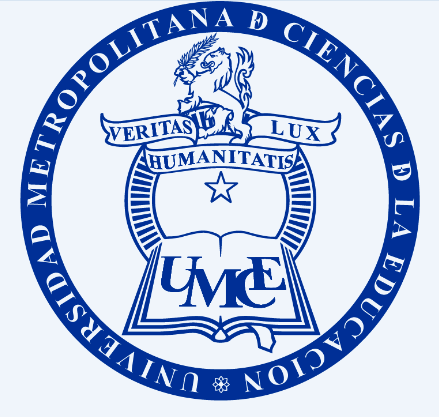Contenido principal del artículo
may 9, 2017
Resumen
Es altamente pertinente citar a propósito de la temática del Primer Congreso de Humanidades organizado por la Facultad de Historia, Geografía y Letras de la Universidad Metropolitana de Ciencias de la Educación, las siguientes definiciones.
•«Humanismo. Es un conjunto de tendencias intelectuales y filosóficas que persiguen el desarrollo de las cualidades esenciales del hombre».
•«Es un movimiento intelectual que basa sus métodos y su filosofía en el estudio de los textos antiguos, y que se extendió principalmente en la Europa del siglo XVI».
• «Es un método de formación intelectual que se funda en las Humanidades».
El Humanismo Renacentista propugnaba mediante la enseñanza de las Humanidades, el cultivo de las facultades del hombre para acercar a éste a un ideal arquetípico que creía realizado en la antigüedad greco-latina. A este humanismo clásico, orientado hacia un pasado ejemplar, sucedió, en los siglos XVIII y XIX, un humanismo del futuro, proyectado como tarea de un progreso ¡limitado. Tal es el espíritu que anima al Humanismo de Comte. En la actualidad se autodefinen como humanismos todas las tendencias filosóficas que propugnan un determinado ideal humano: Humanismo Existencialista, cuyo máximo represente es J.P. Sartre, Humanismo Integral de J. Maritain, un Humanismo Socialista, un Humanismo Liberal, un Humanismo Científico, entre otras concepciones.
Descargas
Política propuesta para revistas que ofrecen acceso abierto
Aquellos autores/as que tengan publicaciones con esta revista, aceptan los términos siguientes:
- Los autores/as conservarán sus derechos de autor y garantizarán a la revista el derecho de primera publicación de su obra, el cuál estará simultáneamente sujeto a la Licencia de reconocimiento de Creative Commons que permite el uso de este material siempre que se indique su autoría y la fuente original de su publicación (URL de la revista), no se use con fines comerciales y sin derivaciones de la obra original.
- Los autores/as podrán adoptar otros acuerdos de licencia no exclusiva de distribución de la versión de la obra publicada (p. ej.: depositarla en un archivo telemático institucional o publicarla en un volumen monográfico) siempre que se indique la publicación inicial en esta revista.
- Se permite y recomienda a los autores/as difundir su obra a través de Internet (p. ej.: en archivos telemáticos institucionales o en su página web) antes y durante el proceso de envío, lo cual puede producir intercambios interesantes y aumentar las citas de la obra publicada. (Véase El efecto del acceso abierto).






